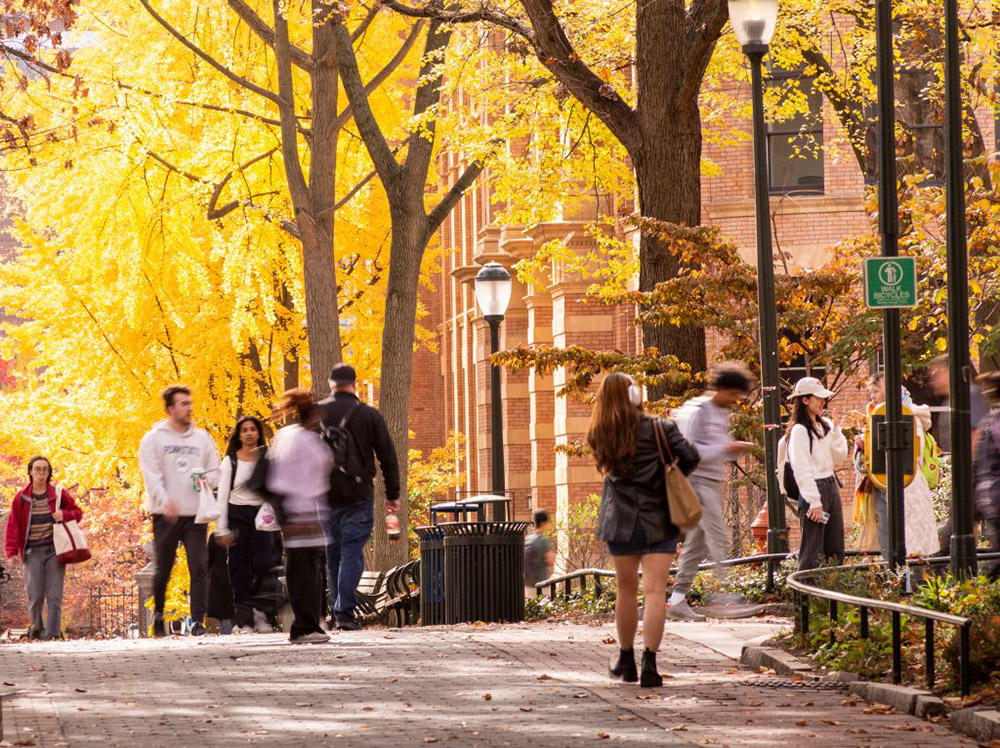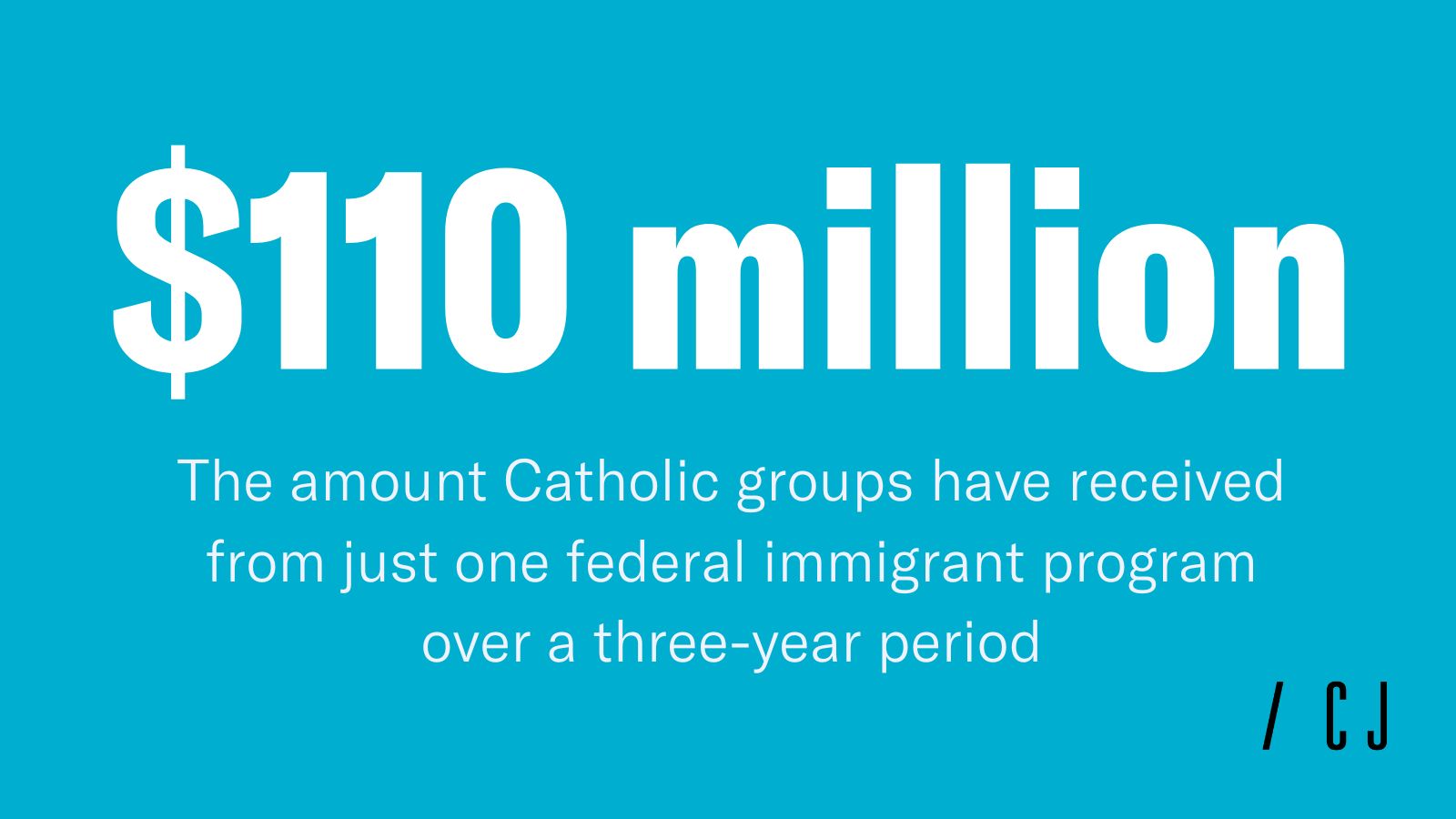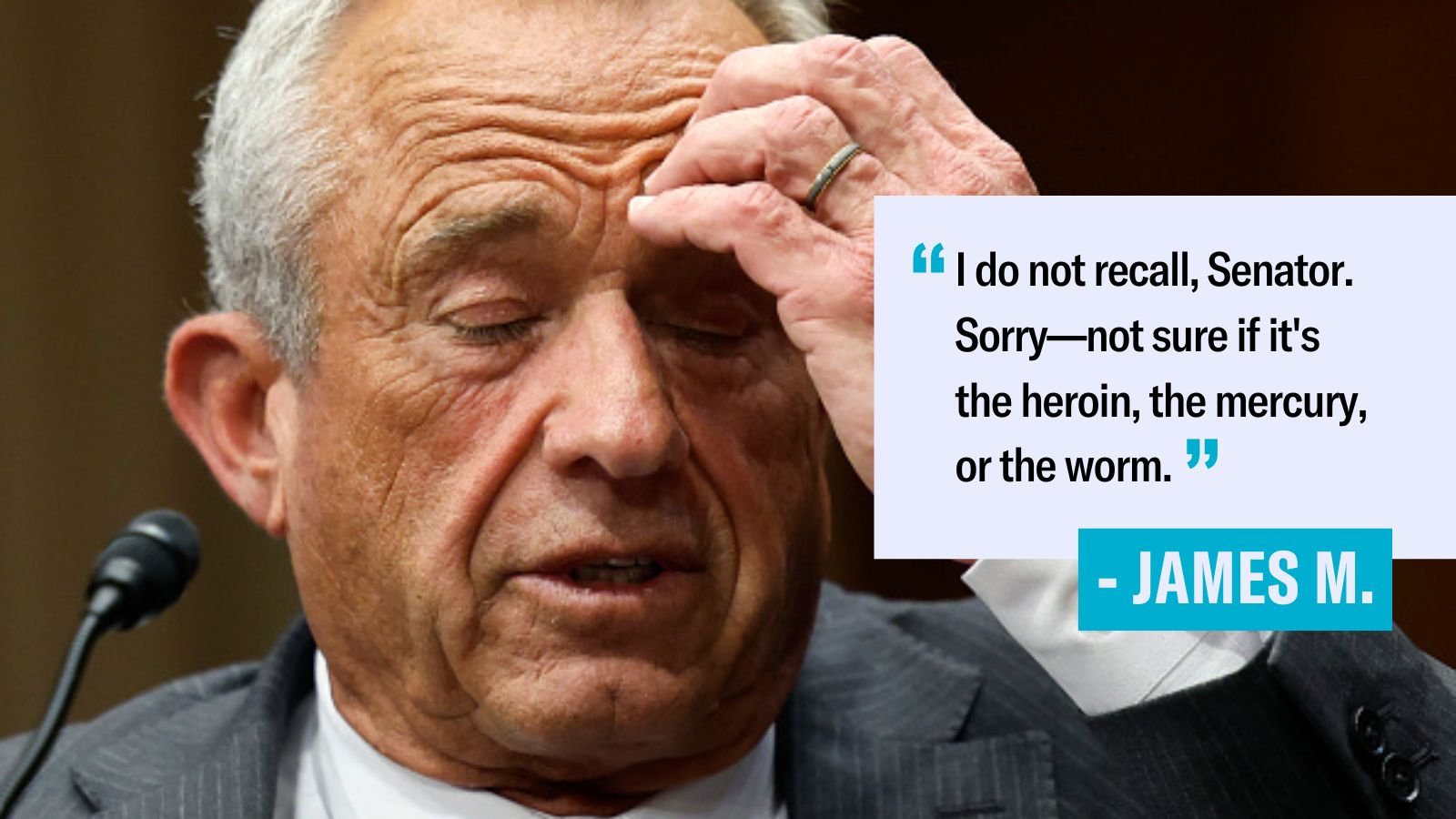|
Forwarded this email? Sign up for free to have it sent directly to your inbox. |
|
|
Good morning,
Today, we’re looking at how Trump can fix universities, discrimination against religious preschools, and what Congress can do to fulfill Trump’s immigration promises. Write to us at editors@city-journal.org with questions or comments. |
|
|
Ah, universities. They are places to learn, debate, and educate. They are institutions that encourage the free flow of ideas. They are ideological centers that have abandoned the pursuit of knowledge for partisan activism.
Indeed, there’s a stark difference between what many Americans think universities should be and what most Republicans believe they’ve become. Nearly 60 percent say universities have a negative impact on the country. Perhaps that figure isn’t entirely surprising, given that they enjoy billions in public subsidies and essentially serve as left-wing propaganda machines.
“They have not earned their position as acclaimed credentialing institutions; rather, the schools have amassed their wealth and power from generous policy decisions bankrolled by American taxpayers, whom they have repaid mostly with contempt,” write Christopher F. Rufo, a senior fellow at the Manhattan Institute, and Inez Feltscher Stepman, a senior legal analyst with Independent Women’s Forum.
The Trump administration should condition federal funding on three specific demands, they argue. Read what those are, and how Trump can make universities great again. |
|
|
| Christopher F. Rufo, Inez Feltscher Stepman
|
The message he should send to college presidents: reform, or lose funding |
|
|
The Supreme Court has repeatedly declared that states cannot exclude religious schools from public aid for private educational institutions. Neither, the Court has held, can states impose criteria that effectively make religious schools’ participation in public programs impossible—by, for example, requiring that private schools use state funds only for secular purposes.
While the Court has been clear, many states, including some red states, continue to discriminate against religious schools, particularly at the pre-kindergarten level. These states’ policies, which variously restrict faith-based schools’ access to public funds, are relics of the past that deprive families of real school choice and flout recent rulings from the nation’s highest court.
Nicole Stelle Garnett, J. Theo Austin, and Tim Rosenberger argue that these states must abandon their discriminatory policies. “Fixing these laws is not only a practical necessity,” they write, “but also a crucial statement of principle.” Read the rest of their take here. |
|
|
Passing a reconciliation bill will be key for the GOP to advance the new administration’s immigration goals, writes Fred Bauer. Reconciliation came out of the 1974 Congressional Budget Act to help expedite budgeting. It circumvents the filibuster in the Senate, which means votes can pass with a slim majority. Yes, there are limits as to what a reconciliation bill can do, but Bauer argues that funding for “more border control officers, more beds for detained migrants, and additional enforcement efforts seem well within the bounds of recent reconciliations.”
Read his piece here. |
|
|
/ Caption Contest *WINNER* |
Congratulations to our caption contest winner, James M.
Stay tuned for Monday’s newsletter to participate in our next caption contest. |
|
|
A quarterly magazine of urban affairs, published by the Manhattan Institute, edited by Brian C. Anderson. |
|
|
Copyright © 2025 Manhattan Institute, All rights reserved. |
|
|
|





